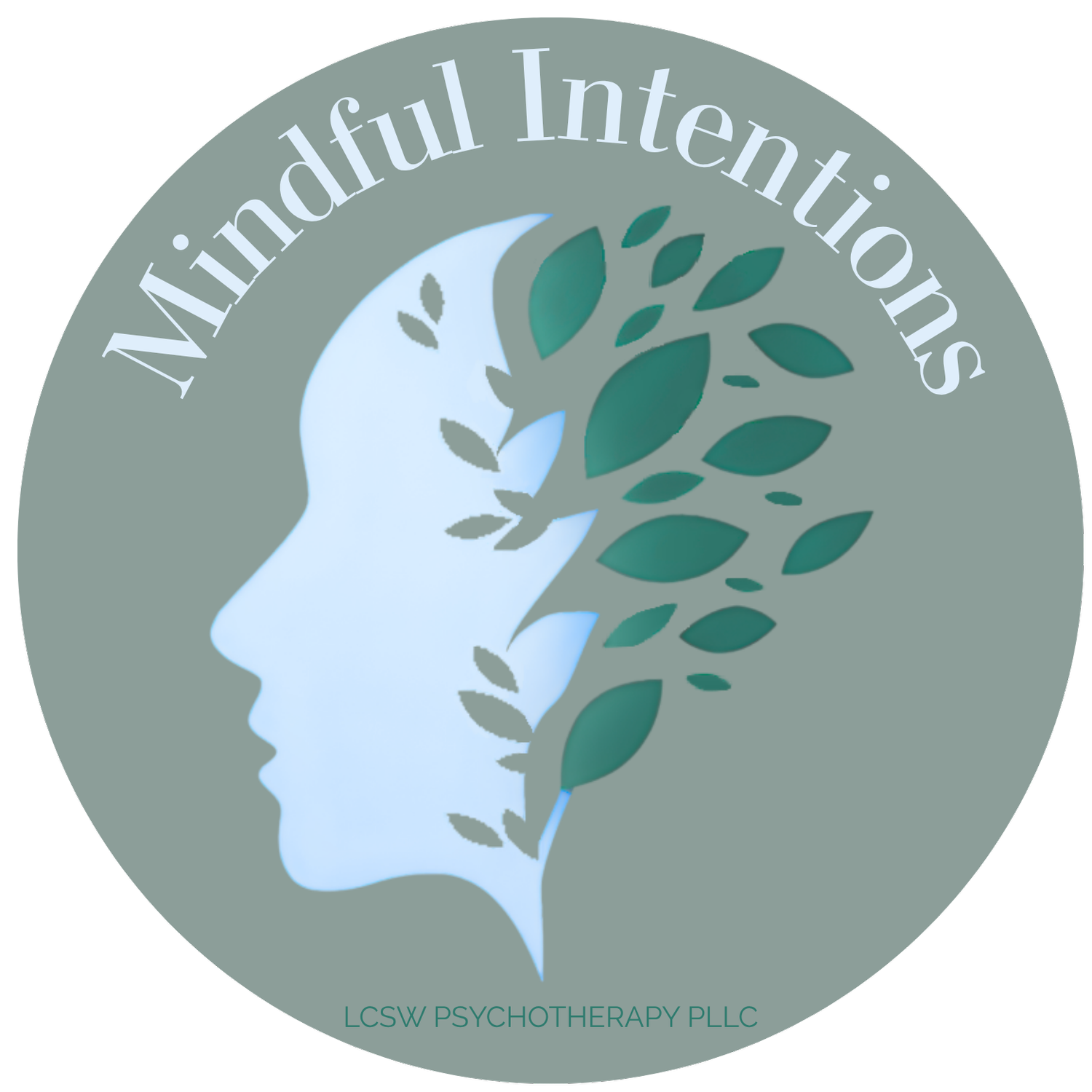Postpartum
Postpartum depression and anxiety are common, but often misunderstood, emotional health challenges that can happen after having a baby. They’re not signs that you’re a bad parent or that you’re not bonded with your baby—they’re real, medical conditions that affect your mood, thinking, and ability to function, and they deserve support and care.
Postpartum Depression (PPD): With postpartum depression, you might feel persistently sad, hopeless, numb, or irritable. Some people feel overwhelmed by guilt or feel like they’re failing as a parent. You may have trouble sleeping (even when the baby sleeps), changes in appetite, lack of motivation, and difficulty connecting with your baby or feeling joy in things you used to enjoy. You might even have scary thoughts or wonder if your family would be better off without you. These thoughts are symptoms—not your truth.
Postpartum Anxiety (PPA): Postpartum anxiety often shows up as constant worry, racing thoughts, and feeling like something terrible might happen to your baby or yourself. You may feel on edge, have trouble relaxing, and struggle with sleep or physical symptoms like a racing heart, stomach issues, or muscle tension. It can feel like your brain is stuck in overdrive, always scanning for danger.
Therapy helps you understand what’s happening, reduce the shame or fear around it, and start building a path to healing. We’ll talk about what you’re experiencing, give you tools to manage the anxiety or depression, and—when needed—work with your healthcare team to explore medication or other supports. You don’t have to suffer silently or push through this alone. Postpartum mental health struggles are common, treatable, and nothing to be ashamed of.
How We Can Help
Treating postpartum depression and anxiety is about supporting you through one of the most vulnerable and intense transitions of your life. Therapy offers a safe, nonjudgmental space to explore what you're feeling, understand what's happening, and begin to heal—mentally, emotionally, and physically.
1. Building Safety & Connection: We start by creating a space where you don’t have to filter. You can talk honestly about your thoughts and feelings—without fear of judgment or guilt. Many parents carry silent shame about struggling during what’s ‘supposed’ to be a joyful time. Therapy helps you feel seen and supported.
2. Understanding the Symptoms: We clarify what you’re experiencing—is it depression, anxiety, both, or something else like birth trauma or intrusive thoughts? Psychoeducation is a big part of this: learning how hormonal shifts, sleep deprivation, identity changes, and past experiences all contribute to your emotional state.
3. Emotional Processing: Therapy gives you space to grieve expectations, process identity shifts, talk through relationship changes, and work through past trauma if it was triggered by birth or parenting. You may also explore perfectionism, self-worth, or unresolved feelings from childhood that are surfacing now.
4. Coping Tools & Skills: We’ll develop practical strategies to manage mood swings, anxious thoughts, and overwhelm. That might include: Mindfulness and grounding skills, Cognitive restructuring (challenging negative thoughts), Behavioral activation (reconnecting with meaningful or nourishing activities), Sleep and routine support (as possible with a newborn)
5. Partner & Support System Involvement (if desired): Therapy can help you navigate changes in your relationship, communicate your needs, and involve your partner or support network. For some, couples sessions or parent coaching is helpful.
6. Collaboration & Holistic Care: If needed, we may collaborate with your OB, primary care doctor, or psychiatrist to explore medication or rule out physical contributors like thyroid issues or nutrient deficiencies. We also discuss realistic self-care—not spa days, but things like rest, boundaries, asking for help, and reclaiming small pieces of yourself.
Postpartum therapy isn’t about ‘getting back to normal.’ It’s about adjusting to a new version of yourself with care, clarity, and strength. Healing is possible—and you deserve support as you move through this.
